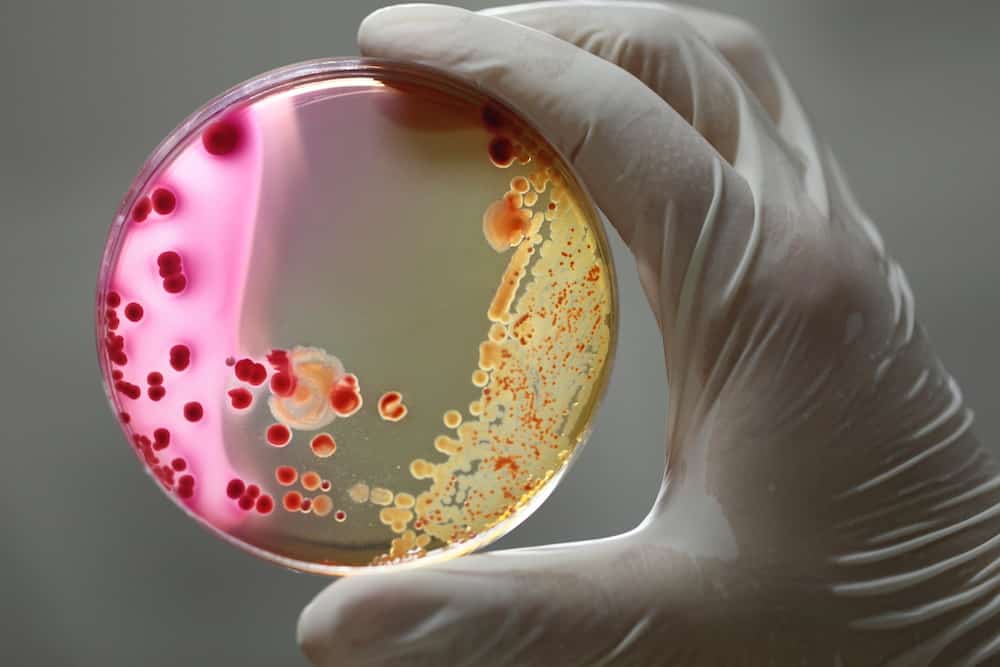-
Can kill bacteria

While kombucha is not typically used as a disinfectant or antibacterial agent, it does have some antimicrobial properties. The fermentation process in kombucha involves the activity of various microorganisms, including bacteria and yeast. These microorganisms help convert the sugars in the sweetened tea into organic acids, such as acetic acid and gluconic acid. These acids can create an acidic environment in the kombucha, which may inhibit the growth of certain bacteria and other microorganisms.
Kombucha’s natural acidity and organic acids may have some antimicrobial effects, which help prevent the growth of harmful bacteria. However, it’s important to note that kombucha is not a substitute for proper food safety practices or disinfection. It should not be relied upon as a primary method for killing harmful bacteria.
If you’re interested in using kombucha for its potential health benefits, brewing it safely and consuming it within reasonable limits is essential. Like any food or beverage, improper handling or contamination can lead to health risks. It’s also important to remember that kombucha is primarily enjoyed for its unique taste and potential probiotic benefits rather than its antibacterial properties.
